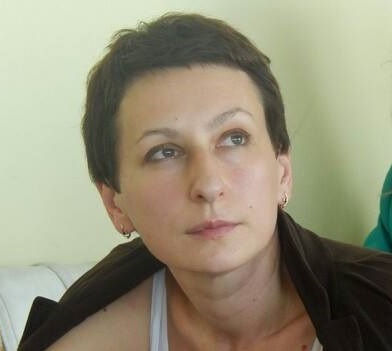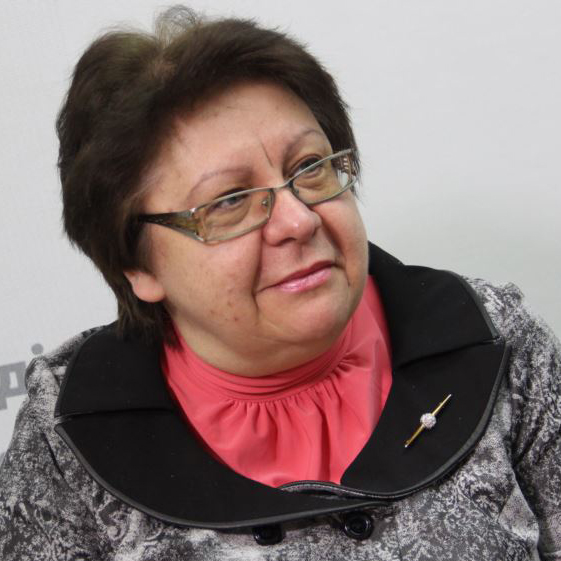Main text of article:
Relevance of research. Ukraine is a poly-religious, multi-ethnic country, where religious minorities are a prominent subject in its religious field. The interests of religious minorities are protected by Ukrainian laws. But in real life, the guaranteed rights of religious and ethnic minorities often remain unexercised. Meanwhile, religious minorities have their own specific needs and special conditions to meet them. In particular, the existing laws do not automatically ensure a proper legal basis for participation of religious minorities in public life, especially in such areas as chaplaincy – military, medical, penitentiary, educational; volunteering; educational, informational and cultural space, etc. The purpose of this article is to characterize religious minorities as a spiritual and social phenomenon of poly-religious Ukraine and as the subject of sociological research. Results. The article gives examples of searching for the definition of “religious minorities” in international legal documents, in the works of foreign and national researchers. Attention is paid to the description of sociological research methodology, which object of study is religious minorities. The results of the focus sociological research named “Religious Minorities of Ukraine and State-Denominational Relations”[1] have been analyzed, particularly, regarding the assessment of Ukrainian legislation in the field of freedom of conscience and activities of religious organizations by experts (representatives of central and local executive bodies, local self-government authorities (in the matter of religion); leaders of religious minorities communities – persons with administrative and organizational experience; specialists in freedom of conscience and religions (in particular, scholars, lawyers, theologians, media representatives, etc.) and believers-members of religious minorities. The main conclusion the article leads to is the fact that, in civil society, which seeks to be the Ukrainian one, there is a public need for legal understanding of the new principles of interaction between the state and religious organizations, and particularly religious minorities. Thus, experts and believers-members of religious minorities assessed the Ukrainian legislation in the field of freedom of conscience and the activities of religious organizations on a 5-point scale, where 5 is the highest score; and the scores were the following: 3.6 and 3.7 points, respectively. The experts assessed the opinion on the need to update the legislation in order to increase the level of democracy at 3.4 points, and believers at 3.0 points, where 5 is completely perfect legislation. This shows the existing demand of society, in particular religious minorities, for a better legal framework for successful governance in the field of state and religious relations, for proper information and communication activities of all its subjects in this area. Implementation of all legal principles of state and religious relations, mutual information, constant dialogue will contribute to the improvement of these relations as a cooperative (partnership) model of relations in the context of pluralization and democratization of religious life.
[1] Project “Religious minorities of Ukraine and State-denominational relations” is implemented by Ukrainian Association of Researchers of Religion with support of Human Rights Fund Programme of the Embassy of the Kingdom of the Netherlands: https://rmu.uarr.info
keywords:
religious minorities, religious majority, state-denominational relations, religious organizations, legal status, spiritual and social phenomenon, subject of sociological research.

